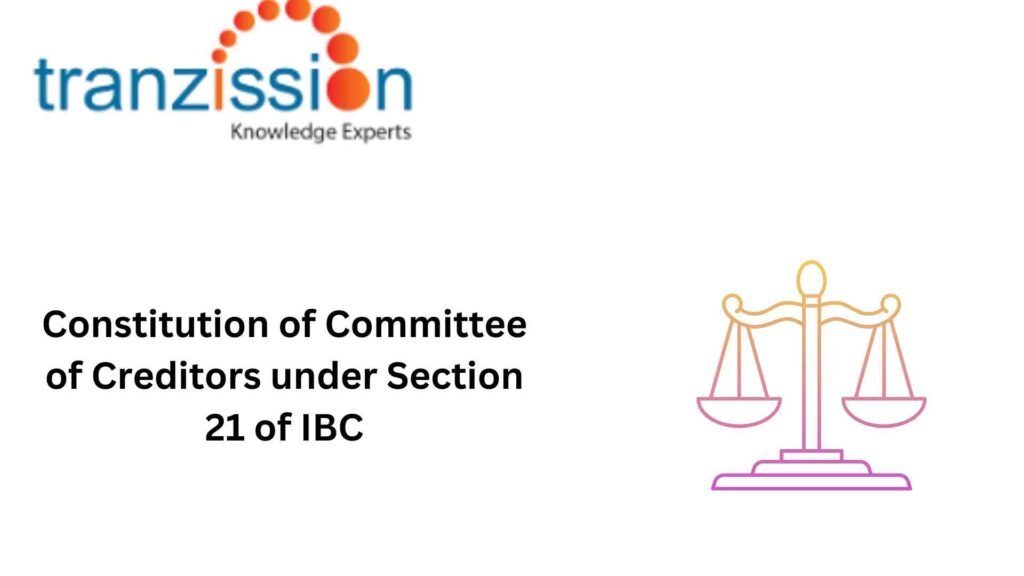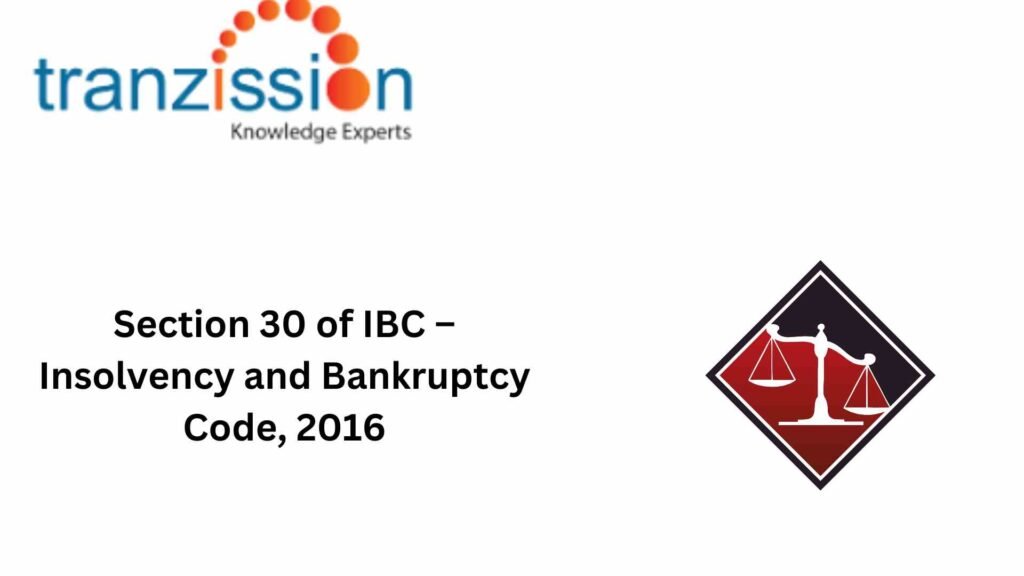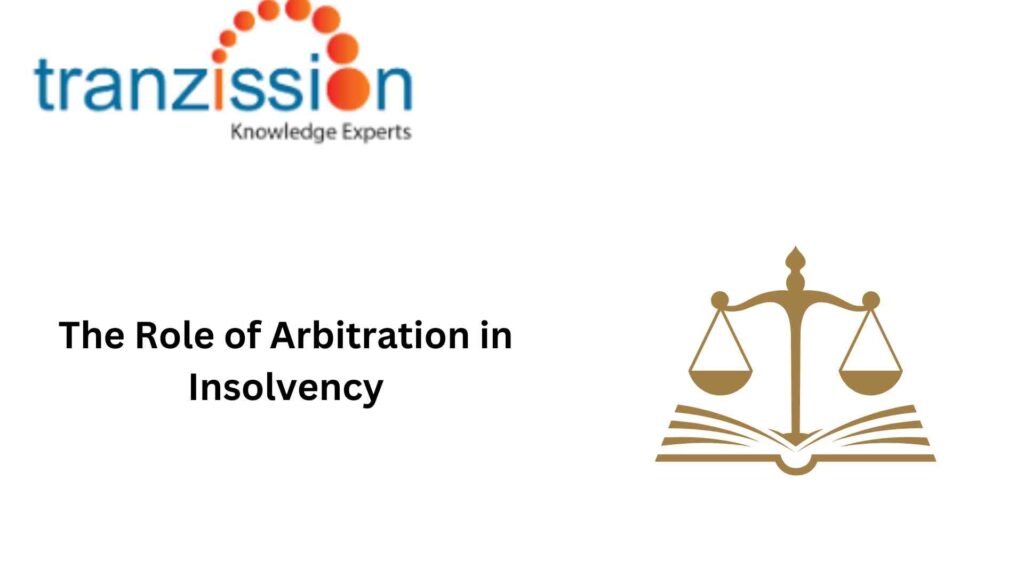Insolvency proceedings are important to resolve the financial issues of companies and require all parties involved in such proceedings to be genuine and provide accurate information. In India, the Insolvency and Bankruptcy Code, 2016 (IBC) is the comprehensive framework to address insolvency and ensure timely resolution. Doctrine of Antecedent Debt is the primary goal to […]
Author: Atishay Jain
Limiting the Jurisdiction of NCLT under Section 60(5)
All insolvency cases involve several legal issues, such as restructuring of the company, asset distribution, debt recovery, etc. The jurisdiction of the Adjudicating Authority, the National Company Law Tribunal NCLT under Section 60(5) of the Insolvency and Bankruptcy Code, 2016 (IBC). These matters may require that one case be present before different courts, leading to […]
Constitution of Committee of Creditors under Section 21 of IBC
There are several stakeholders involved in making the resolution process effective, including the Committee of Creditors under Section 21 of IBC. The CoC has a crucial role in the outcome of the proceedings, their decisions determine the revival or liquidation of the distressed companies. The Insolvency and Bankruptcy Code, 2016 (IBC) governs the formation of […]
Section 30 of IBC – Insolvency and Bankruptcy Code, 2016
Understanding Section 30 of IBC Section 30 of IBC deals with the submission of a resolution plan by resolution applicants, a potential investor, or a creditor aiming to revive a distressed company. This outlines how they manage the company’s debts and affairs if their plan is approved by the Committee of Creditors (CoC), ensuring all […]
Section 81 of IBC – Insolvency and Bankruptcy Code, 2016
Companies facing financial distress should be aware of all options available to them under the Insolvency and Bankruptcy Code, 2016 (“the IBC”), to potentially seek relief. Understanding the fresh start process under section 81 of IBC provides individual debtors an opportunity to restructure their debts and start on a clean slate. The introduction of Section […]
The Role of Arbitration in Insolvency
Arbitration and insolvency laws clash due to their fundamentally different approaches to resolving any legal issue. While insolvency aims to centralize debt resolution by managing all claims against an insolvent company in court, Role of Arbitration in Insolvency promotes decentralized dispute resolution through private tribunals. This creates a potential conflict when both processes are involved, […]
Section 7 of IBC – Insolvency and Bankruptcy Code
The Insolvency and Bankruptcy Code, 2016 (IBC) was enacted to consolidate and amend the laws relating to reorganisation and insolvency resolution process of corporate persons, partnership firms, and individuals in a time-bound manner. To initiate the insolvency process under the Section 7 of IBC , the applicants should clearly understand their debt, to be defined […]
Role of Blockchain in Insolvency Framework
Adopting technology within an insolvency framework is crucial to improve the efficiency, transparency, and accuracy of the insolvency process. Technological tools can lead to quicker resolution times and better outcomes for all stakeholders. Different technologies can be used to improve the resolution process, such as artificial intelligence, Blockchain in Insolvency, data analytics, and cloud computing. […]
Operational Creditor Challenges in IBC
The current insolvency framework in India is focused more on creditors rather than the previous debtor-centric approach. The goal of the resolution process is to maximise asset value while balancing the interests of all stakeholders, attempting to revive struggling businesses. The creditors of the corporate debtor should be treated fairly with equal treatment through the […]
Role of ESG in Corporate Governance
Companies are now evaluated on their environmental impact, social responsibility, and governance practices, and not just their financial performance. Therefore, they are facing pressure from investors to improve these factors, leading to increased focus on sustainability initiatives, reporting, and transparency to attract capital. In India, there is a need for detailed mechanisms specifically on ESG […]









